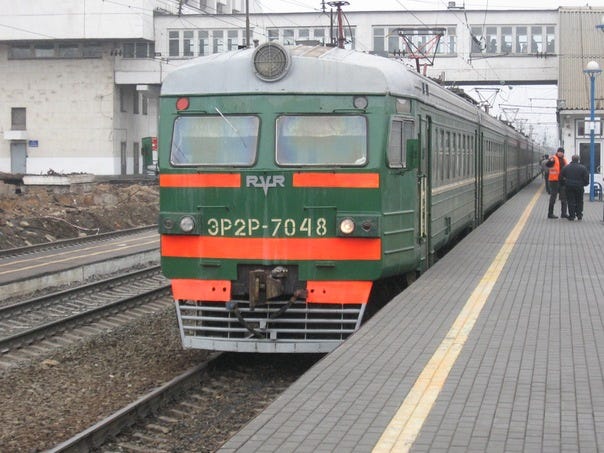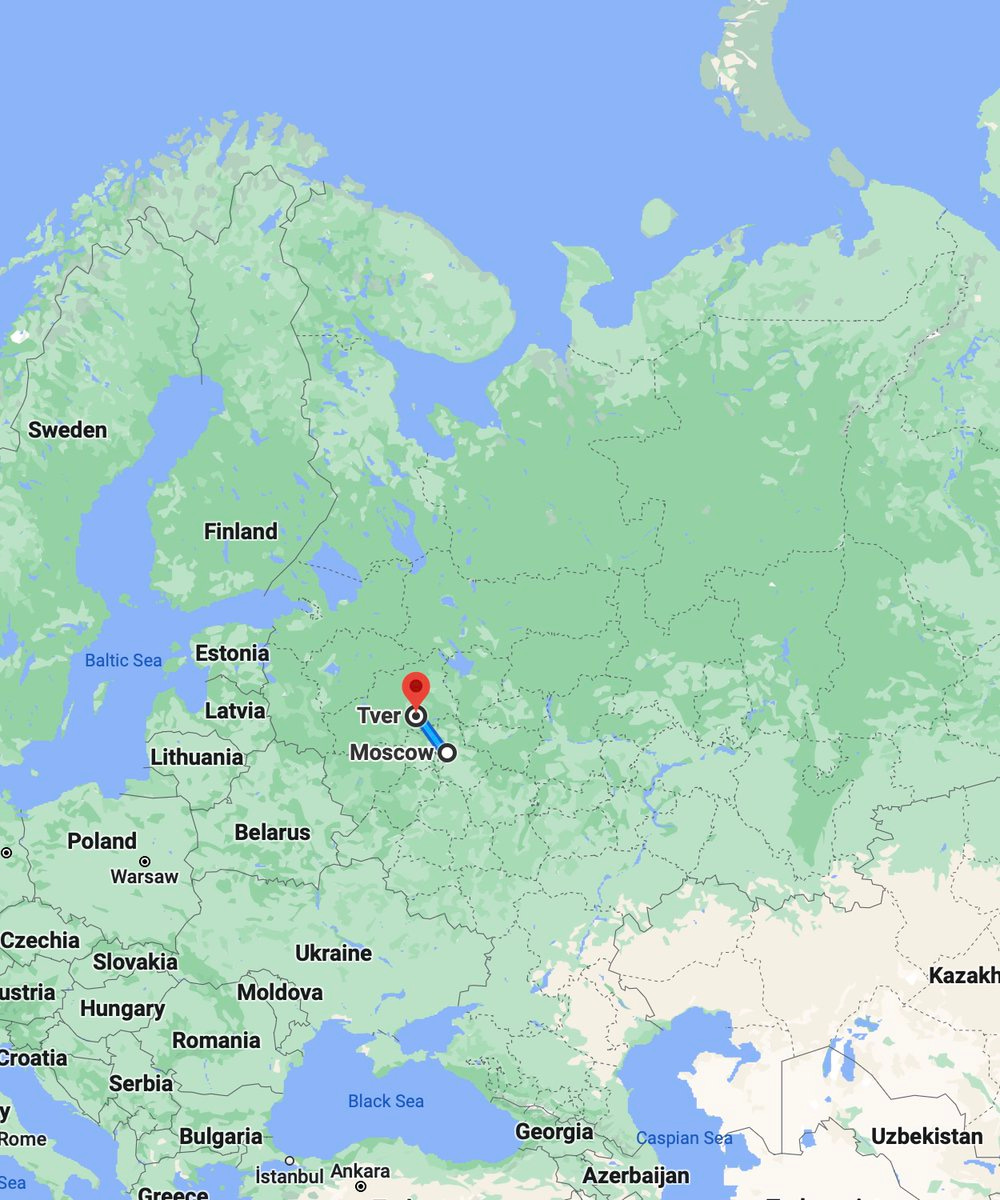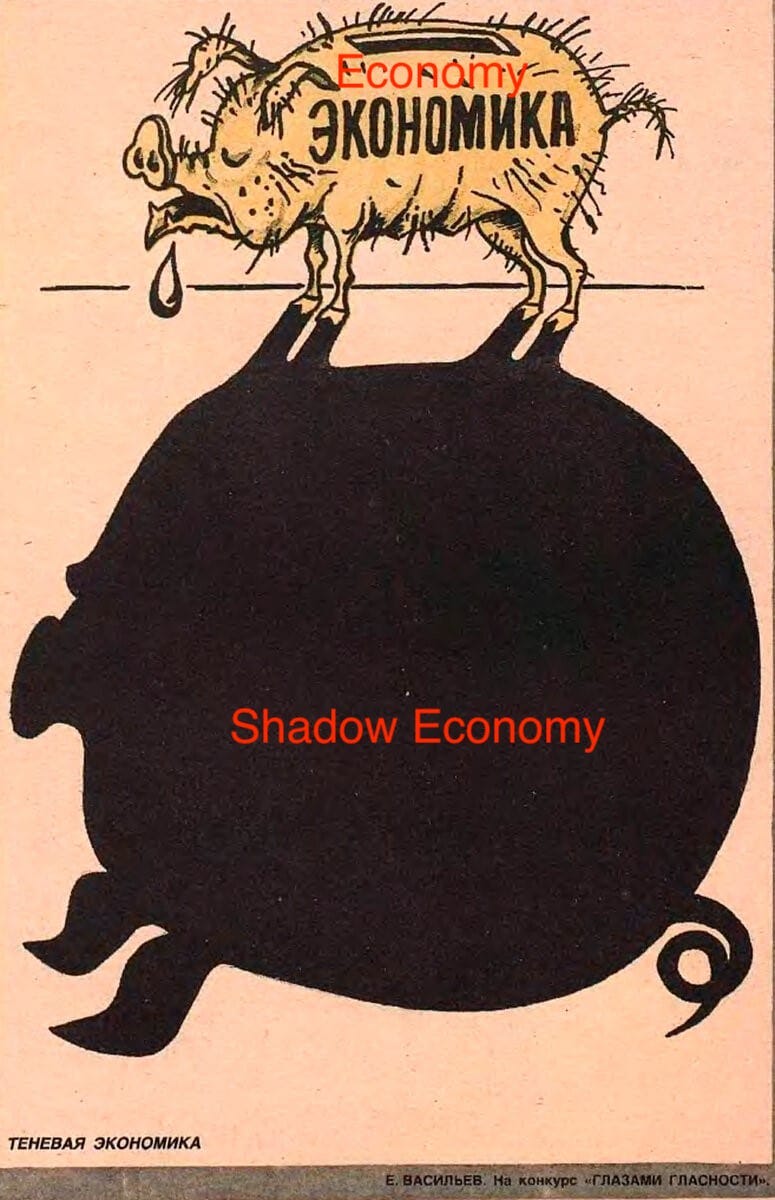There was a Soviet joke:
- What is long, green and smells with sausage?
- Moscow-Tver train
Why? Well, under the USSR provincials had to go shopping to Moscow. Their shops had no food, often very literally. Today we'll learn an expression "supply category"🧵
Under the centrally planned economy it was the state which supplied food to the localities. It would assign each city one of four "supply categories" determining how much food there will be on shelves. Moscow was supplied far better than anyone while cities like Tver - horribly
Provincial Soviet cities of the lower supply categories might have no food on the shelves at all. Sometimes very literally. Sometimes they would have only the scraps from the table of the higher status city: like some algae, or the disgusting paste "Ocean"
That's difficult for a modern Westerner to understand, so I need to reiterate it. When I say "there was no food", I don't mean delicacies. My friend from Moscow who visited Penza in the 1980s was shocked to see that the food shelves there were literally empty. Nothing to buy
How would people survive then? Well, now you get the purpose of dacha. It's not recreational, it's primarily the subsistence farming for food. Extremely tiresome and inefficient, but ppl in many localities had no choice. Shelves were empty, so you must grow potatoes etc. yourself
Second, grey sector. You may not grow food, but you could buy from someone who does or who steals. The USSR had a massive shadow economy which provided much of population with the means of subsistence. Much like the modern Russia. See Simon Kordonsky's writings on гаражный сектор
Keep reading with a 7-day free trial
Subscribe to kamilkazani to keep reading this post and get 7 days of free access to the full post archives.








